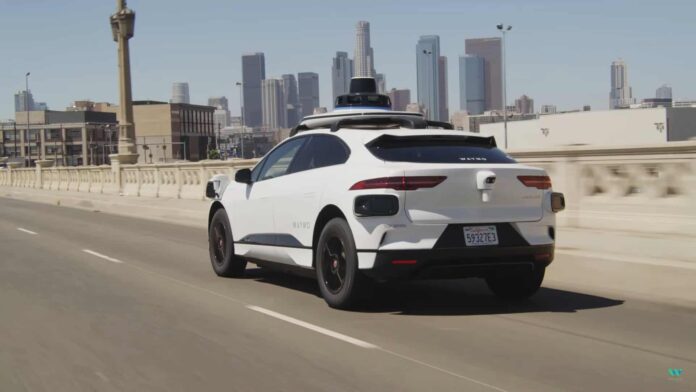[ad_1]
The business of driverless cars is not a brand new one. For over ten years, companies like Ford, Tesla, Google, and General Motors have been serving up demo models that have kept us in hopeful anticipation for the perfected product. We’ve been confidently assured that the complications of road travel in both urban and freeway settings, not to mention in wilder weather conditions, are well within the range of our scientific grasp. Not only that, but the industry was touted as a necessity in order to save some of the millions of lives lost every year due to human driving error.
2023 is here, $100 billion has been spent, and we still don’t see too many self-driving cars on the road. According to the carmakers themselves, the technology needed to make fully autonomous vehicles has proved more elusive than expected. It doesn’t necessarily mean they’ve all admitted defeat, though, because Tesla’s CEO, Elon Musk, was bold enough to claim, as recently as mid-April 2023, that “I think we’ll do it this year”.
The dangers of human beings taking the wheel are certainly not going away, and these types of vehicles could potentially solve our traffic problems too. We therefore ask: How far away are we from a situation where manual car driving is actually outlawed? The question touches upon the futures of the big automobile makers whose shares are traded in CFD online trading.
Are We Close?
The first thing we must ask is whether or not we’re on the brink of having fully autonomous cars ready for production. The news, lately, has not been promising. In October 2022, Ford and Volkswagen said they had given up on their self-driving vehicle project, called Argo AI. They’re not the only ones to have failed to live up to promises. Ford once said they would have fully self-driving cars ready to go by 2021. Back in 2015, Uber wanted to be in on the action and started up their own project, only to sell it in 2020. General Motors (GM) predicted they would mass produce these cars by 2019, which didn’t happen either.
Apple’s project in this area, called Titan, which aimed to create a car without any pedals or steering wheel, was recently put off until 2026. Apple had been increasing the sums of money going into the business since 2016, so the news knocked their share prices down. As of November last year, the only project for a fully autonomous vehicle still running was GM’s Cruise, which is actually used by San Francisco ride-hailers, but only at night when traffic is low.
Do We Really Need Them?
If it’s true the technology is waiting for its eureka moment, when a computerized version of human intuition will appear, then perhaps it’s only a matter of waiting out the time. But not everyone agrees the technology would even be good for us. “Everyone is saying how driverless cars will take the problematic human out of the equation”, says Stanford University’s Professor Ken Taylor. “But… Can artificial intelligence actually replace our capacities as moral agents?” Indeed, the prospect of placing human lives in the care of electronics opens up an ethical can of worms.
One of the moral issues that needs to be resolved involves the relative priority that should be given to passenger safety over pedestrian safety, which has no easy answer. Another issue has to do with potentially numerous job losses that could be precipitated if the technology catches on. For instance, there are about 3.5 million working truck drivers in the USA. Another professor at Stanford, Margaret Levi, suggests that “We need social scientists and ethicists on the design teams from the get-go”.
Motoring Ahead
Autonomous vehicles are still “one of Nvidia’s largest and most important endeavors”, in the company’s own words. Nvidia, who make both software and hardware, created a blueprint for developing these kinds of cars in the form of their Hyperion architecture. In April, they claimed to have made a breakthrough in terms of their technology’s safety features.
Another company with a fighting spirit is Intel Corp, who use the technology of Mobileye Global Inc. in their project. In January 2023, they said they still expect to rake in revenues of over $17 billion from their efforts before 2030. Intel bought Mobileye back in 2017.
Returning to our original question of whether or not we humans should expect to be banned from the driver’s seat, the answer, at the moment, is no. Too many carmakers have recently thrown up their hands at making self-driving cars. “Long term, I think we will have autonomous vehicles”, remarks Gartner’s Mike Ramsey. “But we’re going to be old.”
At present, we can enjoy the driver assistance technology offered by companies like Tesla, but also keep our eye out for the technological breakthrough promised by some in the industry. Any significant news in this regard is likely to impact the share prices of relevant automobile makers, so stay up to date when you trade Tesla, Ford, or Nvidia share prices as CFDs in your online trading.
[ad_2]
Source link
